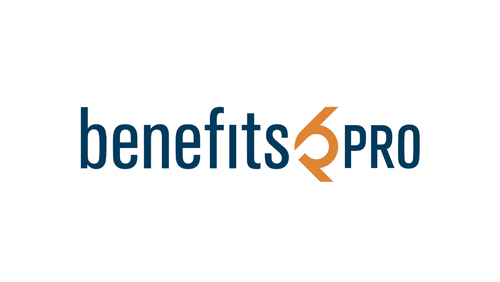
Baby Boomers are often your most skilled and experienced employees. They are valued by your entire team and bring a lot to the table. However, after fruitful careers, it’s no surprise they’re ready for retirement transition. But for many reasons, retirement is often delayed.1
The reality is that retirement-aged employees can trigger a variety of unexpected expenses for employers. A recent study indicated that the cost impact of an eligible employee’s delayed retirement for one year can be equal to that of the combined sick leave and personal time off on a company-wide basis.2The same study found that employees over age 65 face nearly double the healthcare costs of workers between the ages of 45 and 54.3 The impact is not just on the employer; working past retirement can take a toll on an employee’s mental and physical health.
Tracing Costs
The financial benefit of transitioning willing employees into retirement is unmistakable. This is especially true in a slow or embattled economy, like the one we are navigating as a result of the COVID-19 pandemic.
This was the case for one client we helped: They traced about 40% of their healthcare spend to a population of only 12% of their workforce, most of whom were eligible for Medicare or would be within two years. With an optional program in place to help older employees make end-of-career transitions, 60% chose retirement and/or moved to Medicare plans that fit their needs. But more on that in a minute.
Introducing Medicare
Introducing Medicare to employees requires close attention to compliance with rules set by the Centers for Medicare and Medicaid (CMS). No employer, regardless of size, can offer any type of incentive to Medicare-eligible employees to terminate enrollment in their group health plan and enroll in Medicare. Employers also cannot contribute to individual Medigap or Medicare supplement policies, which are almost always necessary to replicate existing coverage.
However, a worker has the option to choose Medicare over the group health plan. If this point is effectively communicated through plan documents and regular employee communications, they may see cost savings by declining the group health plan; a win-win for both employee and the organization.
This is when you may ask yourself: are Medicare-eligible employees aware of their options, and are we giving them the tools to make the best decision? A robust employee education program can help fill the gaps.
Education programs offer Medicare-eligible employees tools to choose the best option.
The Power of a Medicare Concierge
For employees interested in transitioning, it can be hard to know where—and when—to start, in addition to concerns about eligibility, costs and coverage. This is where a Medicare concierge can provide valuable insight and guidance. A Medicare concierge will accurately communicate your employees’ responsibility in managing these costs, as well as their options. These are firms that guide employees through the process to determine if Medicare is right for them.
Most employees avoid Medicare because they believe their needs will not be met by the basic offering and they aren’t familiar with Medicare supplement plans, Advantage plans and prescription drug coverage. A Medicare concierge will do the heavy lifting, confirming an array of options and pricing so employees considering retirement or Medicare have full, affordable coverage.
Providing Options
Remember that client I referenced above? The key to their success was to present options to their retirement-eligible or soon-to-be eligible employees.
A Medicare concierge explained the employee’s options around the federal health insurance program and supplemental policies and assisted with the transition if the employee expressed interest.
The program was completely optional, but many chose to make changes to their employment status and/or insurance. Those who chose retirement were given a generous buyout package and unlimited appointments with the concierge.
In most cases, only employees who have a major stake in the success of the company are willing to transition off of group benefits while still employed. However, education takes the pressure off of employees who would otherwise be going it alone.
As I mentioned earlier, through this program, 60% of eligible employees voluntarily retired or moved off of the group plan. As a result, the employer saved hundreds of thousands in healthcare costs over the next couple of years.
Starting the Conversation
Any employer with a number of workers nearing or past retirement age should talk to their employee benefits consultant about workforce education and transition programs. To ensure compliance, it’s important to have these conversations before taking steps.
Implementing programs, including Medicare workshops and financial wellness initiatives, will help them retire “on time,” and year-round informational sessions will ensure they are prepared when that milestone birthday approaches.
It only takes a few simple equations to determine your costs and potential savings, as well as the impact on your existing employee benefit plan. Your broker can also calculate the cost of delayed retirement as it pertains to your business.






